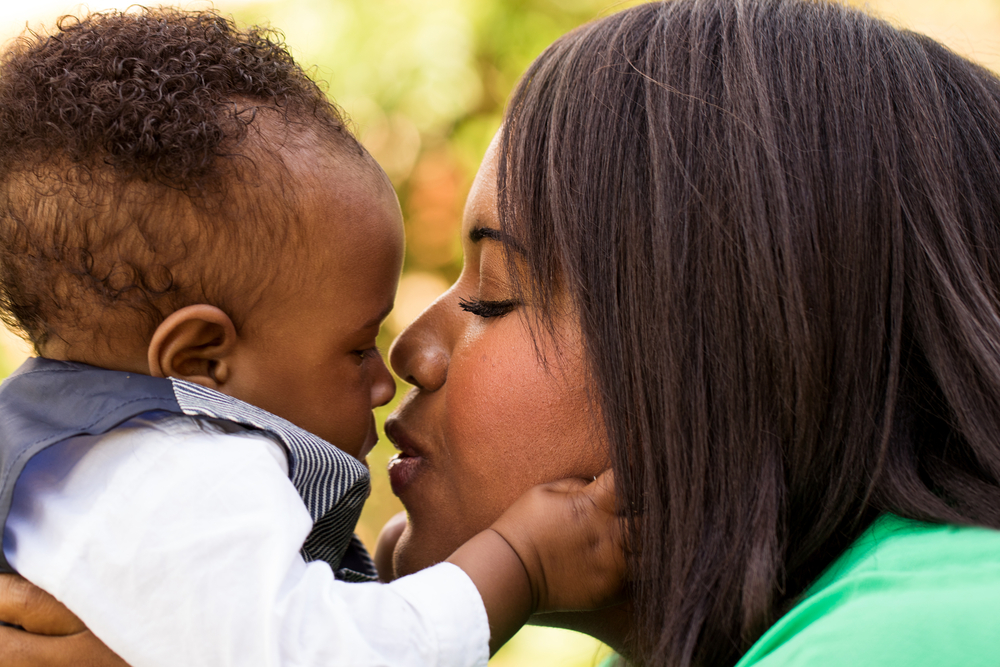This Black History Month, we’re celebrating the reproductive justice movement: an organizing framework for understanding reproductive rights through the lens of social justice that was coined and formulated by Black women leaders.
According to SisterSong Women of Color Reproductive Justice Collective, reproductive justice is “the human right to maintain personal bodily autonomy, have children, not have children, and parent the children we have in safe and sustainable communities.” In our mission to ensure pregnant workers, caregivers, and all workers have the support they need to care for themselves and their loved ones, we strongly support and are inspired by the principles of the reproductive justice movement.
As we’ve seen firsthand at A Better Balance, pregnancy and caregiver discrimination are compounded for Black women, who are facing multiple layers of discrimination and racism in the workplace and society at large. Black women, regardless of their economic status, are too often facing poor outcomes in terms of workplace protections, pay, and health care due to a number of factors, including a lack of access to paid leave, paid sick time, and reasonable accommodations. We have heard repeatedly from callers to our free legal helpline that Black women who are working in low-wage and physically demanding jobs lack access to such protections when they need them. As a result of these inequities, Black women earn 62 cents for every dollar a white, non-Hispanic man earns, and Black mothers earn just 54 cents. Black women also face a higher rate of poor maternal health outcomes. The lens of the reproductive justice movement has furthered advocates’ and policymakers’ understanding of these issues as inextricably intertwined.
So not just during Black History Month, but every month, when we talk about workers’ rights, it’s important to center the experiences of Black women, whose voices have been critical in advancing the labor and women’s rights movements.





